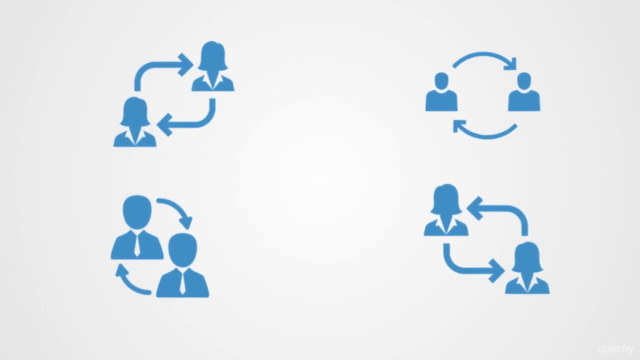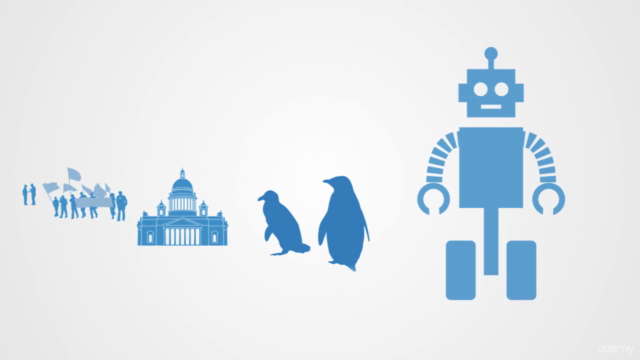Game Theory: How Cooperation and Competition Work

Why take this course?
🎓 Game Theory: How Cooperation and Competition Work
Course Overview:
🚀 Introduction to Game Theory
In this course, we embark on a journey through the intricate world of human cooperation and competition. Why do humans, unlike many animals, often engage in cooperative behavior? What structures and systems foster these interactions, leading to outcomes that benefit not just individuals but entire societies? 🤝
🔥 Understanding Interdependence
We delve into the science of cooperation and conflict through game theory. This framework helps us analyze strategic interactions between agents—be they people, organizations, or even technologies. It's a powerful tool that spans across economics, management, psychology, political science, anthropology, computer science, and biology. 🌍
🤔 The Limitations of Classical Game Theory
While classical game theory has been instrumental in advancing our understanding of strategic interactions, its limitations are well-acknowledged. We'll explore these constraints and introduce you to the innovative developments within game theory that seek to address them. 🔍
Course Structure:
-
Foundations of Game Theory
We begin by familiarizing ourselves with the basics of game theory, from modeling games to understanding the various elements that shape these interactions. 📚 -
Non-Cooperative Games & Nash Equilibrium
Next, we dive into the world of non-cooperative games, where competition reigns. We'll explore the rules and dynamics surrounding these strategic competitions, culminating in the concept of Nash equilibrium. 🏆 -
Cooperation: Understanding Social Dynamics
Moving beyond competition, we focus on cooperation. We'll discuss the nature of social cooperation and delve into classic models like the social dilemma, tragedy of the commons, and public goods games. Discover how cooperative structures can resolve social dilemmas. 🤝 -
Evolving Games: From Populations to Networks
In our final section, we explore evolutionary game theory, where the dynamics change as populations of agents interact over time through an evolutionary process. We'll also touch on network game theory, which models games within the context of interdependent networks. 🌐
Why Take This Course?
✅ Real-World Application
This course goes beyond the formalities of classical game theory to provide a toolkit for understanding and navigating real-world dynamics of cooperation and competition across various domains—business, economics, politics, and society at large. 🏢✨
🚀 Gentle Introduction to Complex Concepts
Whether you're new to the field or looking to deepen your understanding, this course is designed to be accessible and engaging for a wide audience. We'll use game theory as a lens to examine how cooperation and competition shape our world. 📈
📅 Join Us on This Journey
Embark on this intellectual adventure and uncover the principles behind some of the most complex interactions in human societies. With game theory as your guide, you'll gain a unique perspective on how to foster cooperation and understand competition at its core. 🎬
Enroll now and transform your understanding of strategic interactions with "Game Theory: How Cooperation and Competition Work." Let's decode the puzzle of human collaboration and conflict together! 💡🎉
Course Gallery




Loading charts...